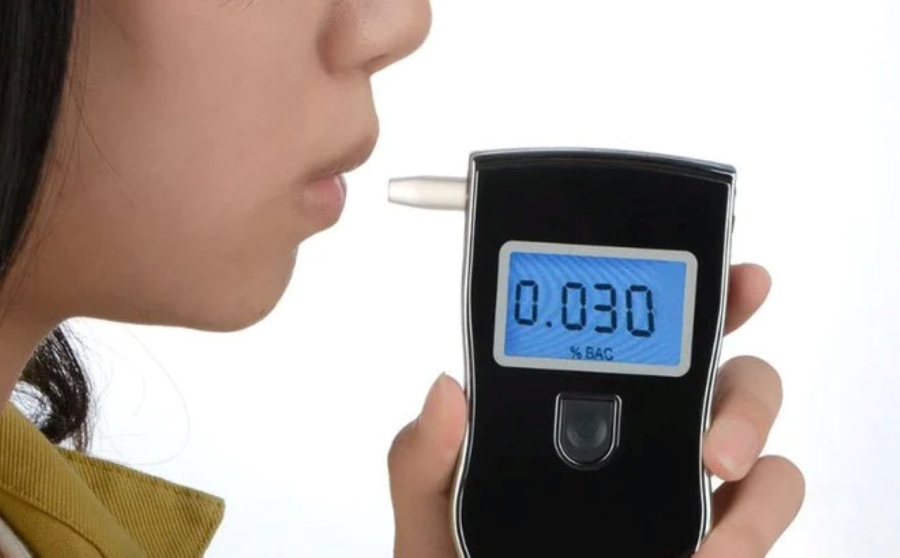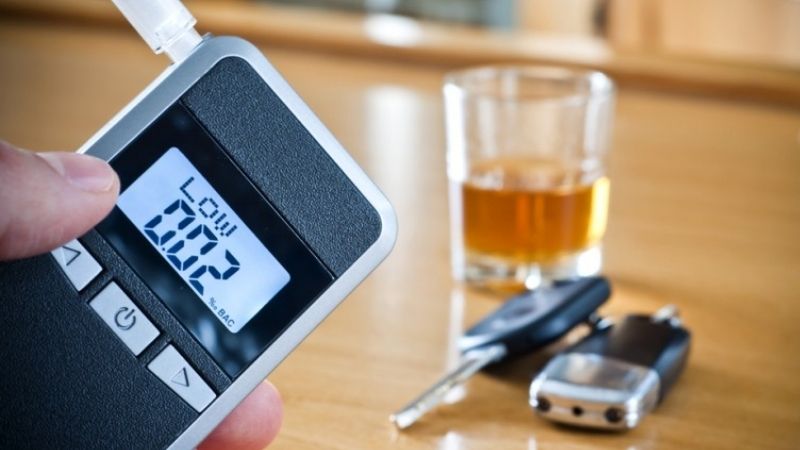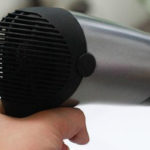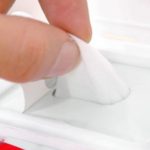According to the U.S. Centers for Disease Control and Prevention, alcohol impairs brain function and reduces the ability to think, reason, and coordinate muscle movements. All of these abilities are necessary for safely operating a vehicle.
As the alcohol concentration increases in the body, the negative effects on the central nervous system intensify. Alcohol is absorbed directly through the stomach and small intestine. It then enters the bloodstream, where it accumulates until it is metabolized in the liver.
Alcohol breath tests can detect alcohol concentration in a shorter time, about 4-6 hours. A small device called a breathalyzer measures the alcohol concentration.
Any number above 0.02% is considered unsafe because it impairs judgment and diminishes visual function. This means that a person has over 20 milligrams of alcohol in 100 milliliters of blood. However, even a small amount of alcohol can affect driving ability.

Illustrative image
Dr. Nguyen Duy Thinh, former lecturer of the Institute of Biotechnology and Food Technology, Hanoi University of Science and Technology, said that normally, the liver metabolizes and eliminates 1 unit of alcohol (equivalent to 10 grams of pure alcohol), which is equivalent to 220 ml of beer (2/3 of a bottle with an alcohol concentration of 5%), 100 ml of wine (alcohol concentration of 13.5%), and 30 ml of spirits (alcohol concentration of 40%) within 1 hour.
It takes about 2 more hours for the body to completely eliminate 1 unit of alcohol. However, for individuals with weak livers or slow metabolism, alcohol elimination will take longer.
Dr. Thinh also emphasized that this calculation is for reference only, as the rate of alcohol metabolism varies from person to person and depends on many factors.
The simplest way is to not drink, and if you do drink, do not drive, so as to avoid the fear of being breathalyzed. The current penalties for alcohol concentration are very high. This is a very effective measure to avoid the phenomenon of drunk driving, which causes accidents for oneself and others,” said Dr. Thinh.
According to him, the saying “a man without alcohol is like a flag without wind” is no longer appropriate. Drinking alcohol and driving is a problem not only in Vietnam but also in many countries. Therefore, strict compliance with the laws and regulations is necessary to prevent unnecessary accidents.
How long does it take for the effects of alcohol to wear off?
According to Healthline, alcohol is a short-lived addictive substance in the body. Once alcohol enters the bloodstream, your body will metabolize a certain amount of alcohol per hour, depending on various factors such as size, weight, and liver function.
Your body metabolizes alcohol at a constant rate, about one drink per hour. However, this can vary somewhat depending on the type of alcohol consumed, your physical health, and your genetic predisposition.

Illustrative image
How is alcohol metabolized?
When you drink alcohol, it is quickly absorbed in the stomach and small intestine. From there, it enters the bloodstream to reach the liver.
The liver releases enzymes to break down alcohol. However, this organ can only metabolize a small amount at a time, and the excess alcohol circulates throughout the body. Therefore, the amount of alcohol you consume within a specific period of time will determine how long it takes to metabolize it.
Factors that affect alcohol metabolism
Many factors can affect blood alcohol concentration and the rate at which you eliminate it from your body, including:
- Gender: Females tend to have higher blood alcohol concentration and eliminate alcohol faster than males.
- Age: Adolescents, young adults, and older adults eliminate alcohol more slowly.
- Food: Metabolism rate increases with food.
- Time of day: Alcohol is metabolized faster towards the end of the day.
- Exercise: Alcohol is eliminated slightly faster during exercise.
Another important factor is knowing the alcohol content of your drinks, as this will determine the time it takes for your drinks to be metabolized.
Although many factors have an impact, the average metabolic rate for eliminating alcohol is about one drink per hour.
- Eating can help your body absorb alcohol.
- Drinking water can help reduce blood alcohol concentration.
- Avoid caffeine.
How to Easily Get Rid of Adhesive Stains on Plastic Items
Are you having trouble getting rid of those pesky adhesive marks left behind by plastic? Have you been searching for an easy and efficient way to do so? Well, your search may be over! In this article, we will provide you with three simple and highly effective solutions for removing plastic from adhesive marks.
Tips for Keeping in Shape During the EURO Tournament
As the start of the highly anticipated EURO tournament draws near, football fans are ready to enjoy the thrill of watching their favorite teams compete. But while the excitement of watching great matches on TV is boundless, it is imperative to remember to prioritize health and safety during this period. Therefore, keeping a few simple points in mind can help make the celebrations all the more enjoyable.





































